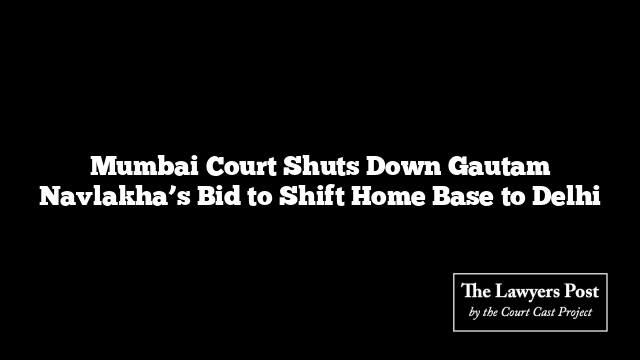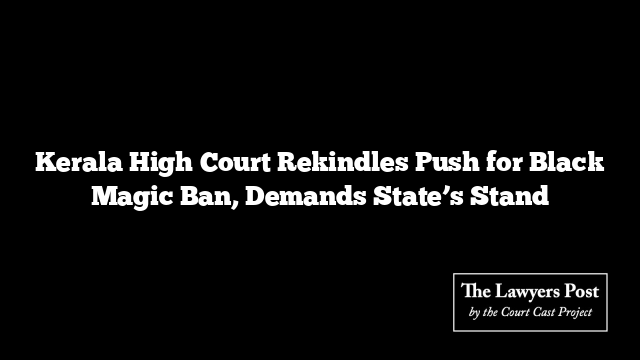In a firm refusal that cut through pleas of hardship and health, a special court in Mumbai on Thursday turned down activist Gautam Navlakha’s request to move his residence from Mumbai to Delhi—slamming the door on any hopes of permanent relocation while out on bail in the Bhima Koregaon case.
Navlakha, out on bail since November 2022, had asked the court to lift the restriction keeping him tied to the Bombay High Court’s jurisdiction. But Special Judge Chakor Baviskar wasn’t moved. In a sharply worded order, the judge reminded all parties that while temporary travel with prior approval was allowed, permanent migration was a different beast altogether—one the court wasn’t empowered to tame.
“The High Court never gave such liberty to either the accused or to this Court,” the judge said. “This unnecessary application deserves to be rejected.”
The ruling shuts down Navlakha’s argument that life in Mumbai had become unsustainable. He had cited four months of failed attempts to find stable housing, financial dependence on friends and family, and the need to care for his 86-year-old sister in Delhi. None of it, however, was enough to tilt the legal scales in his favor.
Navlakha, a veteran journalist and human rights advocate, was among the sixteen arrested in the aftermath of the January 1, 2018, Bhima Koregaon violence. The unrest, according to authorities, was fueled by speeches made during the Elgar Parishad event in Pune a day prior—an event commemorating 200 years since the Battle of Bhima Koregaon, where Dalit soldiers had defeated Peshwa forces under the British flag.
The National Investigation Agency wasn’t having it either. Its representative, Special Public Prosecutor Prakash Shetty, maintained that the trial court had no authority to dilute or reinterpret conditions imposed by a higher bench.
Navlakha was represented by advocate Wahab Khan, but despite the legal backing and personal circumstances, the application was tossed aside with little ceremony.
The message from the bench was loud and unmistakable: bail is not carte blanche, and courts won’t play fast and loose with boundaries drawn by a higher authority.





